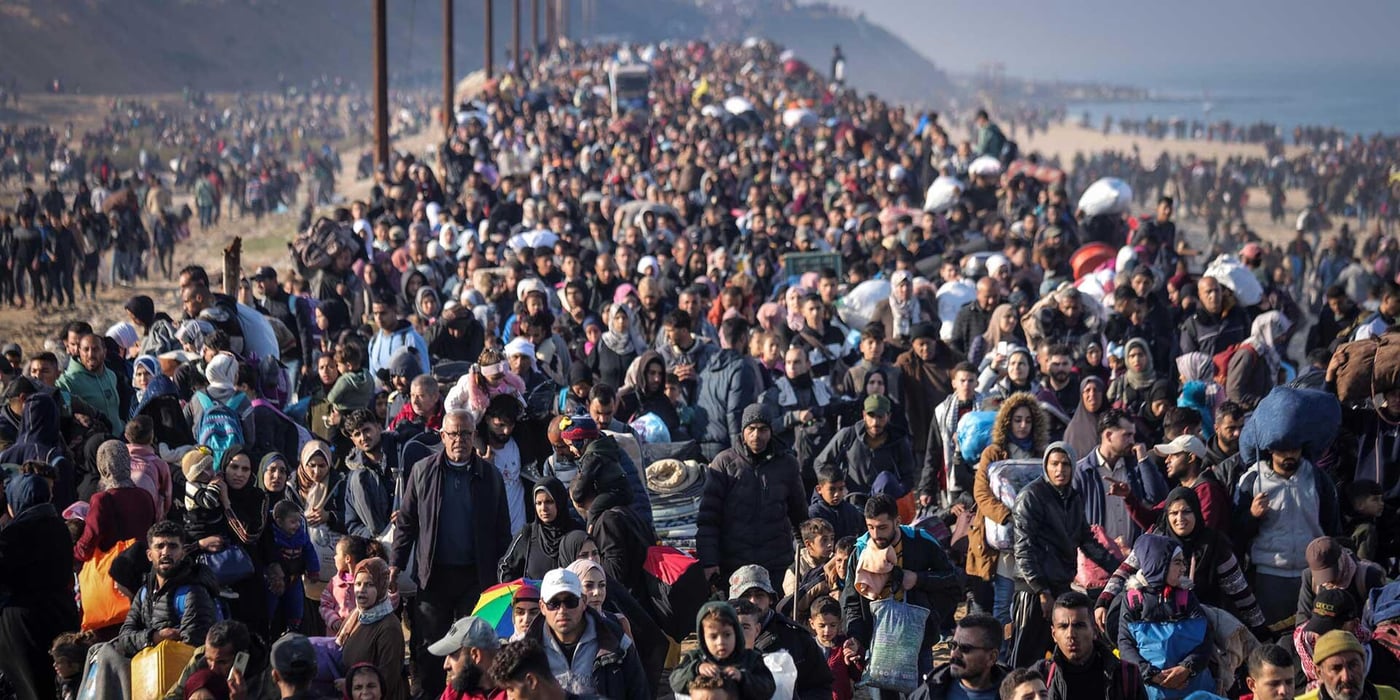
1. Cash is efficient.
With cash the organisations are able to spend fewer resources and reach more people. According to a four-country study comparing cash transfers and food aid, 18 per cent more people could be assisted at no extra cost if everyone received cash instead of food.

2. Cash is dignified
Cash gives the freedom of choice. With traditional in-kind assistance – like soap, blankets, rice – displaced people often sell these items, below market price, to get something they need more. Cash aid allows them to keep the full value of the support they receive, and to prioritise according to their needs.

3. Cash supports the local community
Cash can boost local economies and play a role in rebuilding markets after an emergency.
In Lebanon, for example, a 2014 study showed how cash-based interventions had a significant multiplier effects on the local economy: each dollar spent by those receiving the cash-assistance generated USD 2.13 of gross domestic product for the Lebanese economy.

4. Cash can make humanitarian assistance more transparent.
Electronic cash transfers make it easier to show how much of the assistance is actually reaching the target group. It is possible to document, control and to some extent measure the effects of the assistance we give, and in this way humanitarian organisations will be more accountable to those receiving assistance, as well as to donors and tax payers in donor countries.

5. Cash should be given in combination with other types of assistance.
Cash cannot meet all needs in every humanitarian crisis. Humanitarian organisations often do a combination of different kinds of assistance, so that all the needs are met.
But, cash is not always the best alternative in a humanitarian crisis. Cash should not be used when there are no functioning markets, there is no safe way to transfer the assistance or cash transfers could put staff or receivers at risk. Cash should only be used when it is the most effective and efficient way to meet needs of affected populations.

Ten per cent
In 2016, cash represented 10 per cent of NRC’s total programme portfolio. Even if NRC cannot transfer cash to people in all the emergencies where the organisation works, it has increased its use of cash-based assistance over the past years, and will continue doing so.




